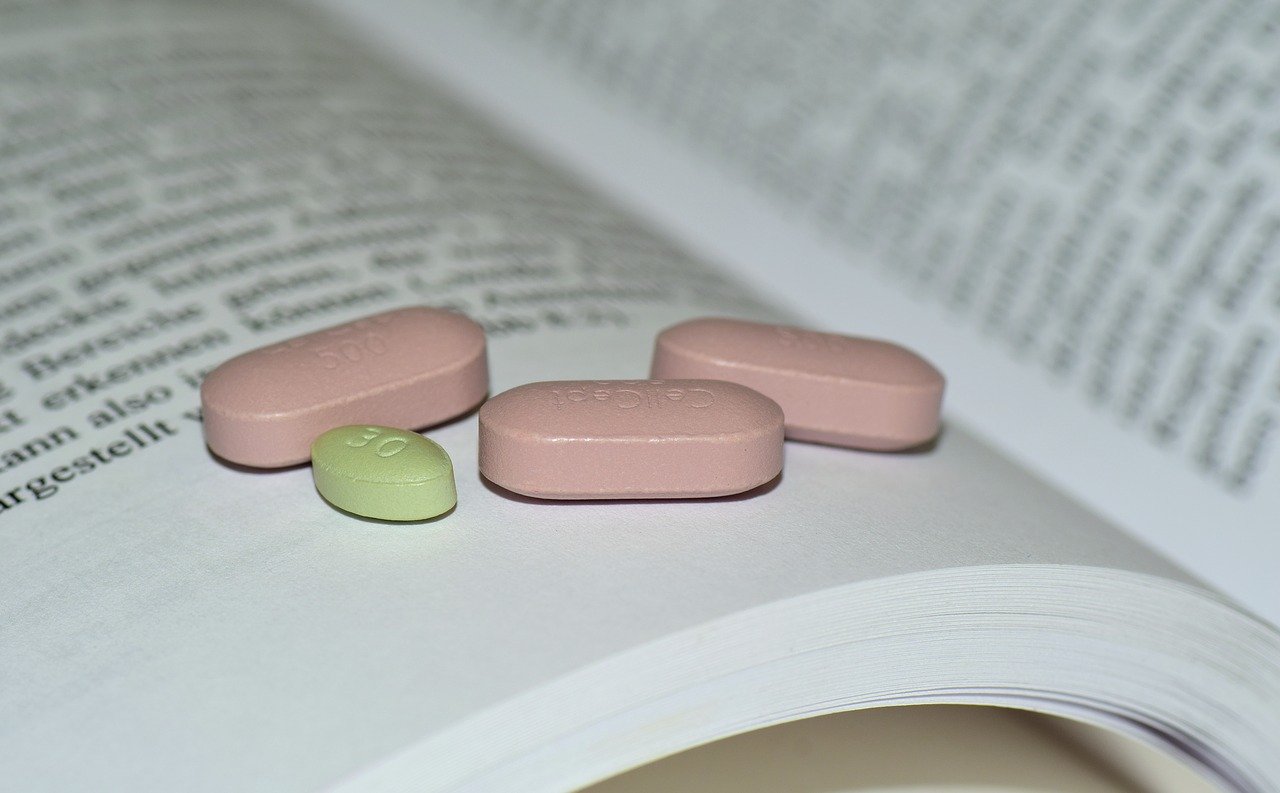
Image by silviarita from Pixabay
As an individual, you may come across a situation where you need to take important decisions that concern your health. It could be as simple as knowing what non-prescription drug you need to buy over the counter, or which doctor to visit for a particular ailment.
Some decisions also need to be made when you are discussing a condition with the doctor. Some regarding medical insurance or just some health-related paperwork. People with low health literacy may have problems following the medication regimens, not know what dosage of medicine to give a child, or how to access the best public health care services.
According to the U.S. Department of Health and Human Services (HHS) Personal Health Literacy is defined as the degree to which individuals have the ability to find, understand, and use information and services to inform health-related decisions and actions for themselves and others.
Governments need to make organized and concerted efforts to create a health literate society as it is essential to provide cost-effective, safe, and high-quality health services to its citizens.
Health literacy is not as simple as it may sound and involves developing skills, knowledge to understand health-related information that is often complicated, and technical, and not understood by even those with a good level of education. Therefore people of all ages and education levels are affected due to the lack of health literacy. Even in the United States, nine out of ten English speaking adults don’t have the required skills to manage their health as they have low health literacy. It however disproportionately affects those belonging to the lower economic groups.
Studies have proven that there is a direct association between health literacy levels and several health outcomes.
We see people getting confused about medical opinions, making multiple visits, unnecessary tests, frequently changing doctors, rushing terminally ill patients who are very sick, and unlikely to survive to different hospitals. And then unexpected results leading to violence against doctors and medical staff.
Most of the patients are ignorant about the right blood sugar and blood pressure levels. It is imperative that every government has health policies and strategies that can efficiently address the issue of health literacy

Image by Ulrike Leone from Pixabay
General literacy and Health literacy, although related are two different things. Literacy to read a prescription, read and understand a medication label on a tonic, or getting a vaccination doesn’t come through reading, writing, or basic comprehension skills. It is developed over time and comes from thorough knowledge on topics such as the functioning of the human body, and the working of the public health systems.
Health literacy cannot be determined by the number of years you spent in school. In fact, many graduates have limited information on health. The language we speak, the ability to communicate with others, our social circles, and past experience in dealing with a health condition is more important.
Health information comes through multiple channels. For example, one can gain more knowledge about a disease by let’s say accompanying a friend or relative to a doctor or interacting with a patient than by reading some medical literature online. Discussing with friends, accessing information through websites and social media, sometimes can confuse you with conflicting information. Mass media such as TV and radio, when unregulated, can have the same effect.
Some strategies to create health literacy
We need a targeted approach using simplified health literature, using picture-based instructions, and using mass media and social media for patient education regardless of their perceived health literacy skills.
Person-centered health information and services and cultural and linguistic targeting of health information and services especially in the rural areas and those falling in the lower-income strata are extremely important.
Health and safety information can be delivered by building networks with the community and faith-based organizations, NGOs, etc.
The schools can improve health literacy in children by incorporating specially designed health and science content into their curriculum.
The dissemination of health information is often done through the media, government departments, private sector agencies, and health care professionals, and we often see that it is presented in a way that is difficult to understand. One way it can be effectively done is through personal interactions.
We need to ensure people’s understanding of prescription and non-prescription drugs.
Create drug labels that are easy to understand and that are intended to promote safe use. Make sure the instructions are clear and in plain language without any overuse of complicated jargon and technical terms.
When in doubt, just ask your doctor.
Health information is complicated no matter how educated you are. Once you identify a good physician it is important to ask questions and obtain all the information you need without feeling embarrassed. Patients with low health-literacy are usually uncomfortable asking questions and consider it wrong or rude to question the healthcare provider beyond a certain point.
It is the duty of a doctor to understand their concerns, break down the information to suit their comprehension, and provide clear and accurate information on treatment options, tests, goals, medicines, dosage, side-effects, etc.
Health Literacy to access health-related information online
Today thanks to the internet we have our friendly Dr.Google who is available 24×7 free of cost. But only those who have the ability to access, process, and comprehend complex health-related data can successfully receive the desired information and make appropriate decisions.

Making appropriate health decisions comes from locating the right health information, evaluating its credibility and quality before using it.
We have seen in recent years that a significant size of the population has been accessing the internet or googling for health-related/ disease-related information. There is no doubt that online medical advice and health information through the internet and mobile technologies are the future but health literacy plays an important role here.
The internet today is flooded with medical news sites, health portals, and symptom checkers. People try to access the information using Google not knowing that they can be fed with inaccurate information. They seldom question the authenticity of the information. Implementing any such advice received online from a wrong source can be dangerous.
Given the amount of unverified and unregulated information online, and the rising number of people accessing online information, a very high level of health literacy is required for these consumers.
To confidently access medical information one needs not just health literacy but scientific information literacy as one needs to understand scientific concepts and have the ability to follow complicated methods, clinical studies, and technologies. One needs to have a fair amount of computer skills to browse through several websites and find the most relevant information. Using a health-related website correctly requires good knowledge of the English language and a decent knowledge of science. Problem is, no matter how good you are the information found online is neither received nor processed as intended unless you are a medical professional.
Health literacy TV and Website
One way to overcome this problem is to have government-owned dedicated health literacy TV channels and websites that are reliable, and easily accessible. Television channels with dedicated content can be a good source of information on health.
Issues about nutrition, physical activity, substance abuse, effects of cigarette and alcohol, cancer, diabetes, and hypertension need to be covered.
Content developed in the form of a TV series can have a greater effect. In the west, you have popular TV series such as Grey’s Anatomy, House M.D., Private Practice, ER, etc. The content however needs to be moderated and developed using the help of medical professionals or it can lead to the spreading of disinformation and misleading the viewers.
The websites should have easy to understand high-quality content/materials created in simple web pages and formats. The information should be available in multilingual formats, have videos, carry simple words that we use on a daily basis instead of complicated medical terms. The focus should be to provide tailored information on every disease and health-related topic.
The author acknowledges the use of authentic medical literature to structure this article.
(The views expressed by the author in the article are his own)
Also read: Visiting Dr.Google too often can do more harm than good.
Sign up for the QuackTrack.org newsletter below!













